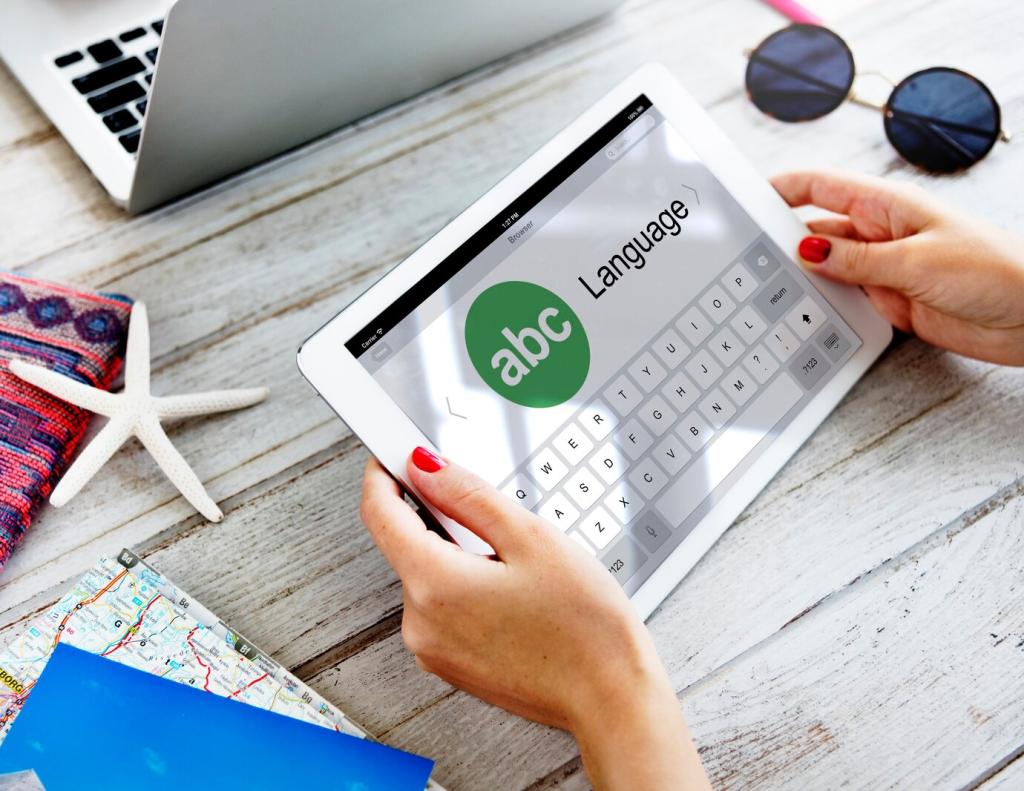Why Language Proficiency Translates into Global Opportunity
Language ability widens your network, doubles your job markets, and lowers risk for employers entering new regions. Studies often show bilingual professionals can command higher compensation, but the real dividend is the trust you earn when people feel truly understood.
Why Language Proficiency Translates into Global Opportunity
Hiring managers remember candidates who switch seamlessly into a client’s language, mirror nuance, and handle objections tactfully. That competence signals reliability under pressure, which frequently determines who gets sent on the high-visibility assignment—and who stays home.





